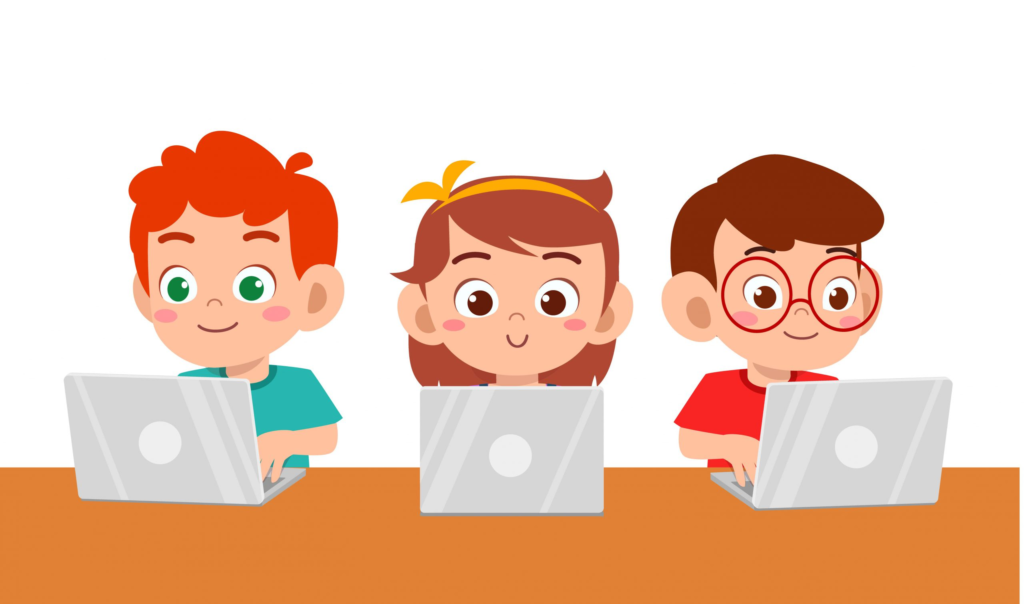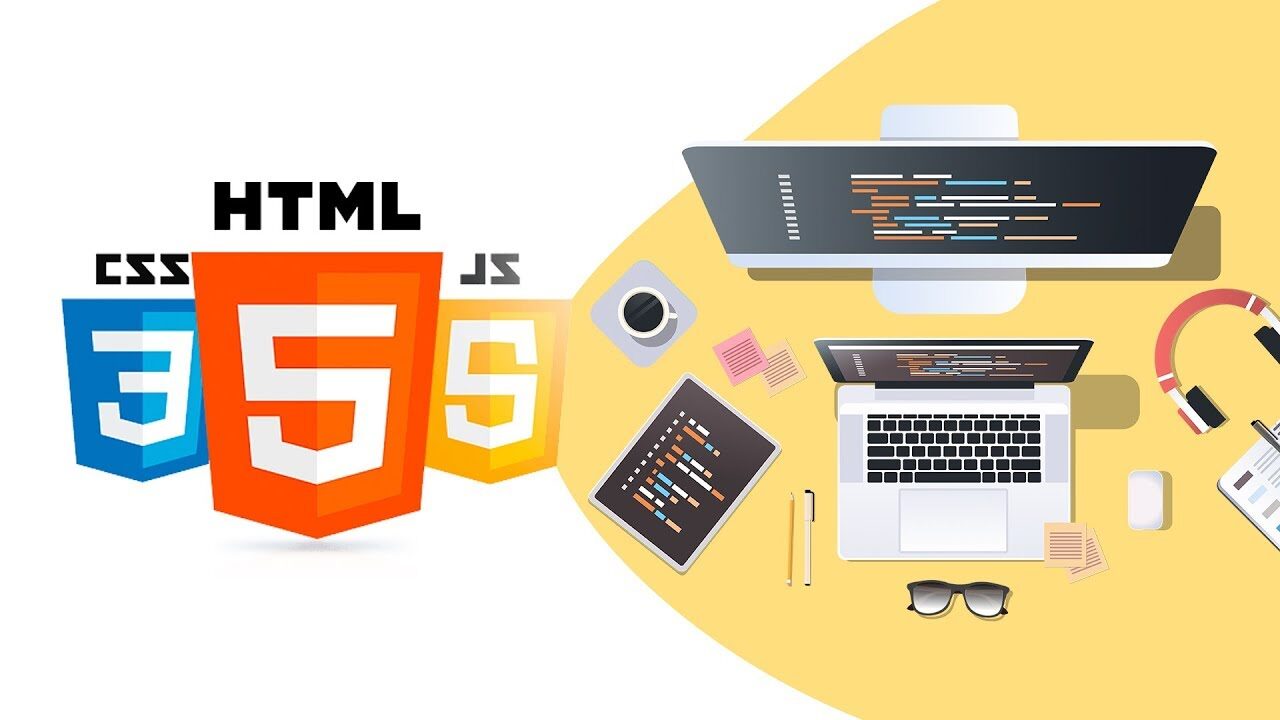In an increasingly digital world, learning to code has become an essential skill for everyone, including children. Coding for kids not only introduces them to the world of technology but also enhances their problem-solving skills, logical thinking, and creativity. This guide will explore various fun and educational resources to help young programmers get started on their coding journey.
Why Teach Kids to Code?
Teaching kids to code offers numerous benefits. It prepares them for future job markets, encourages logical and analytical thinking, and provides them with tools to create their own digital projects. Early exposure to programming languages can also make it easier for them to pick up advanced programming concepts later on.

Getting Started with Coding for Kids
1. Interactive Coding Tutorials
Interactive coding tutorials are a great way to introduce kids to programming. These tutorials are designed to be engaging and easy to follow, making learning fun.
- Scratch: Developed by MIT, Scratch is a visual programming language that allows kids to create games, animations, and stories. It’s perfect for beginners as it uses a drag-and-drop interface.
- Code.org: This platform offers coding tutorials for kids of all ages. Their Hour of Code initiative provides short, engaging activities that introduce basic programming concepts.
2. Programming Courses for Kids
Enrolling kids in programming courses can provide a structured learning experience. Many online platforms offer courses specifically designed for young learners.
- Tynker: Tynker offers self-paced online coding courses for kids. The courses cover a range of programming languages, including Python programming and JavaScript programming.
- Khan Academy: Khan Academy offers free coding tutorials that are suitable for kids. Their courses cover the basics of programming and web development.
3. Fun Programming Languages for Kids
Certain programming languages are more suitable for children due to their simplicity and visual nature.
- Blockly: Similar to Scratch, Blockly uses a visual block-based programming interface. It’s an excellent way for kids to learn programming without worrying about syntax.
- Python: Python programming is often recommended for beginners, including kids, due to its simple and readable syntax. Platforms like Tynker and CodeCombat offer Python courses tailored for young learners.
Advanced Programming for Kids
As kids become more comfortable with basic coding concepts, they can start exploring more advanced programming topics and languages.
- JavaScript Programming: Learning JavaScript opens the door to web development. Kids can use it to create interactive websites and games.
- App Development: Tools like App Inventor and Thunkable allow kids to create their own mobile apps using a visual programming interface.
Coding Bootcamps and Workshops for Kids
Coding bootcamps and workshops provide intensive, hands-on learning experiences. They are an excellent way for kids to deepen their understanding of coding and work on real-world projects.
- Code Ninjas: Code Ninjas offers in-person and online coding bootcamps for kids. They focus on game development, web development, and robotics.
- iD Tech Camps: iD Tech provides summer camps and online courses that cover a wide range of tech topics, including coding, robotics, and game design.
Online Coding Platforms and Resources
Numerous online platforms offer coding resources specifically for kids. These platforms provide interactive lessons, coding challenges, and project ideas.
- CodeCombat: CodeCombat teaches programming through an interactive game. Kids write real code to control their characters and solve puzzles.
- ScratchJr: Designed for younger children (ages 5-7), ScratchJr allows kids to create their own interactive stories and games.
Encouraging Continuous Learning
To keep kids engaged and motivated, it’s important to encourage continuous learning and exploration.
- Coding Challenges: Websites like Codewars and LeetCode offer coding challenges that can help kids practice and improve their skills.
- Project-Based Learning: Encourage kids to work on projects that interest them. This could be creating a game, building a website, or developing an app.
Supporting Kids in Their Coding Journey
Parents and educators play a crucial role in supporting kids as they learn to code.
- Create a Learning Environment: Provide a quiet, comfortable space for kids to work on their coding projects. Ensure they have access to a computer and internet.
- Encourage Collaboration: Encourage kids to collaborate with their peers. This can be through coding clubs, online communities, or group projects.
- Celebrate Achievements: Celebrate milestones and achievements, no matter how small. Positive reinforcement can boost confidence and motivation.
Additional Resources
- Books: There are many books available that introduce kids to coding. Titles like “Hello Ruby” and “Python for Kids” are excellent choices.
- YouTube Channels: Channels like “Code with Chris” and “The Coding Train” offer video tutorials that are engaging and easy to follow.
- Educational Games: Games like “Minecraft” and “Roblox” have coding aspects that can help kids learn programming concepts in a fun and interactive way.

Final Thoughts
Coding for kids is an exciting and valuable endeavor. By utilizing the right resources, children can learn to code in a fun and engaging way. Whether through programming courses, coding tutorials, or interactive platforms, there are plenty of opportunities for young programmers to develop their skills. Encouraging kids to explore coding from scratch not only prepares them for future careers but also fosters creativity and critical thinking. Start your child’s coding journey today and watch them transform into confident, skilled programmers.



